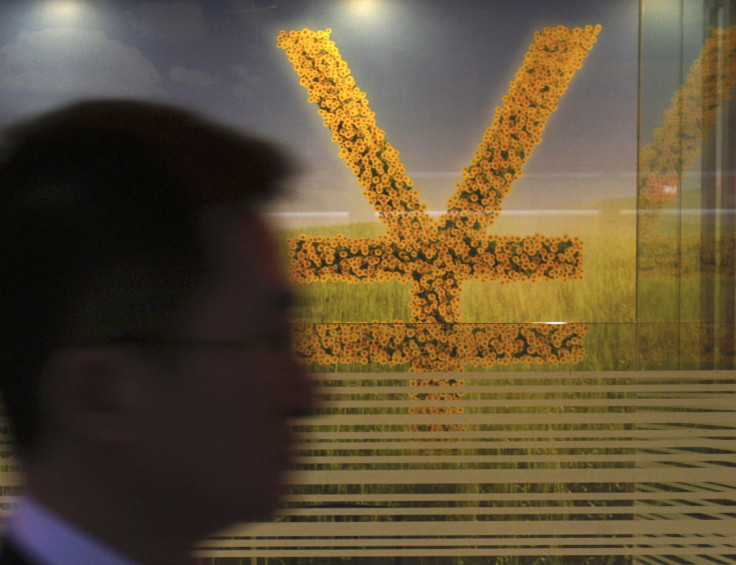China's Illegal Money Transfers Over Past Decade Estimated At Nearly $1.4 Trillion

In 2013, illegal fund transfers out of China stood at a staggering $258 billion, making it the largest source of illicit financial outflow among all developing nations. And, according to a new report released Wednesday by the Washington-based Global Financial Integrity (GFI), in the 10 years through 2013, $7.8 trillion was drained out of emerging economies, including almost $1.4 trillion from Chinese shores.
In 8 of the 10 years covered by the study, China was the leading source of illicit outflows among developing countries. In 2008 and 2011, Russia surpassed China.
“This year at the U.N. the mantra of ‘trillions not billions’ was continuously used to indicate the amount of funds needed to reach the Sustainable Development Goals,” GFI President Raymond Baker said, in a statement. “Significantly curtailing illicit flows is central to that effort.”
The bulk of $7.8 trillion of illicit money that exited developing nations over the 10-year period was disguised through “trade misinvoicing,” or deliberately misreporting the value of a commercial transaction, the report said. In China too, this practice accounted for a vast majority of illicit capital outflows -- approximately 86 percent, according to some estimates.
Over the past few years, the Chinese government -- faced with the disruptive impact of illegal flows of “grey capital” on the country's financial and capital markets order -- has cracked down on practices used to hide money flows.
The efforts to curb money laundering practices in China began in 2012, when former commerce minister Bo Xilai was arrested for bribery and corruption. Since then, Chinese police and regulators have intensified their efforts, pushed by the recent stock market turmoil and signs of growing strain in Chinese economy.
Most recently, in November, Chinese authorities began a crackdown on underground banks, and busted over 170 cases of money laundering and illegal fund transfers involving over 800 billion yuan ($125.3 billion).
Recent reports suggest that money flowing out of China ends up in countries like Australia and Canada, where the real estate market serves as a means to launder money.
"This does not happen by accident. Many countries and their institutions actively facilitate -- and reap enormous profits from -- the theft of massive amounts of money from developing countries," GFI said, in the statement. "GFI believes that developed countries have a responsibility alongside developing countries to curtail the flow of illicit money."
© Copyright IBTimes 2024. All rights reserved.












